International
Trump’s tariff decree disrupts venezuelan oil exports to China
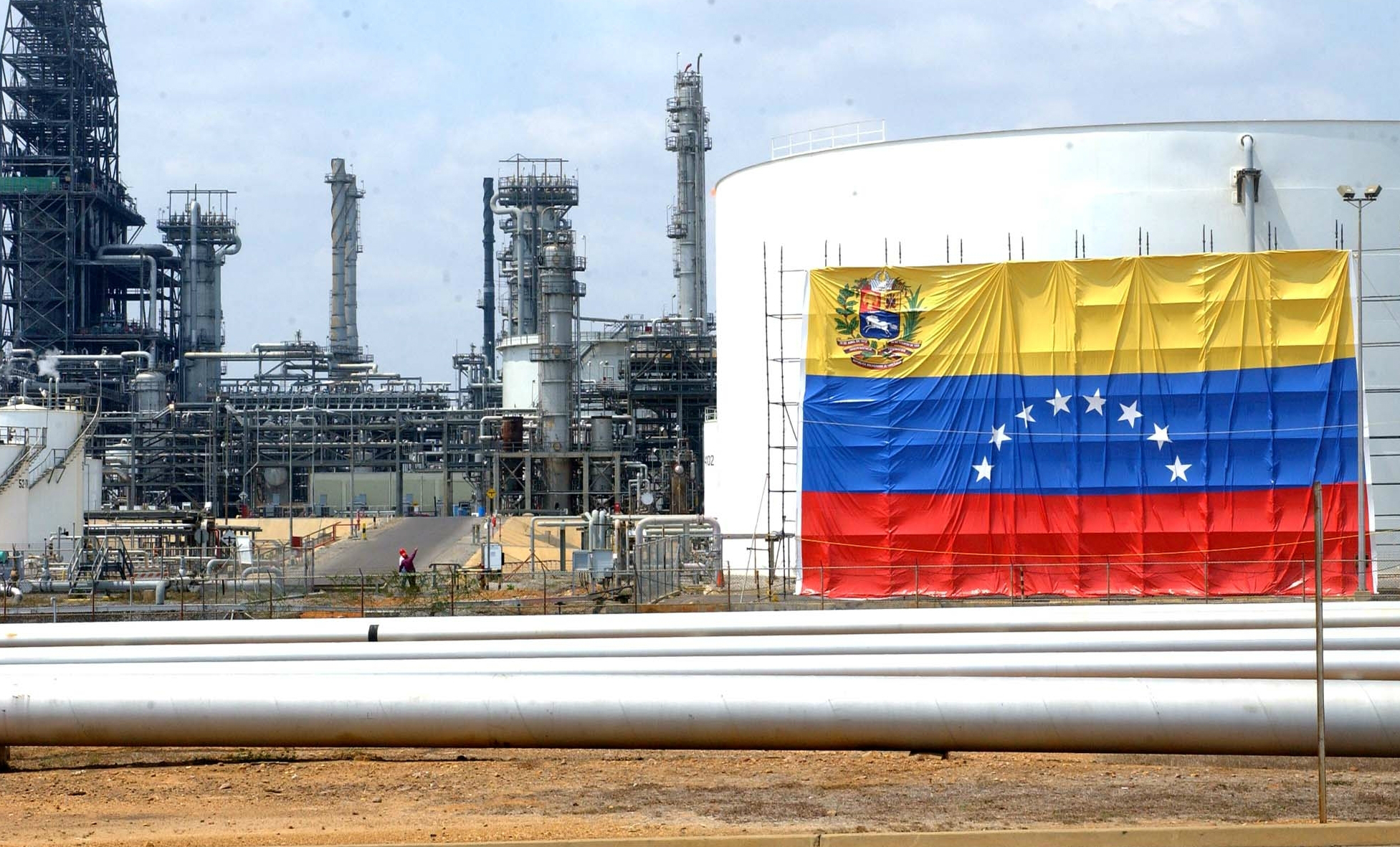
Venezuelan crude oil shipments to its main buyer, China, came to a standstill on Tuesday following a decree by U.S. President Donald Trump, threatening tariffs on countries purchasing oil from Caracas. The move comes just days after Washington imposed sanctions on Chinese imports of Iranian oil.
Trump’s decree, which took traders and refiners in China by surprise, states that the U.S. may impose a 25% tariff on goods from any country that imports Venezuelan oil, at the discretion of the Secretary of State, starting April 2.
Chinese traders and refiners are now waiting to see how the decree will be implemented and whether Beijing will instruct them to stop buying. However, several industry sources believe that oil flows may continue, citing the frequent shifts in Trump’s tariff threats.
A senior executive at a Chinese firm that regularly trades Venezuelan oil said the company will refrain from purchasing any shipments in April. “The worst thing in the oil market is uncertainty. We don’t dare touch Venezuelan crude for now,” the executive told Reuters.
Another executive at an independent refinery that occasionally buys Venezuelan oil stated that the decree creates significant confusion and will also impact Singapore-based buyers of Venezuelan fuel oil.
“It’s a total mess,” the executive said. “China is already in a trade war with the U.S. So be it.”
Central America
Nicaragua revokes legal status of 10 more NGOs, bringing total to over 5,600
The Nicaraguan government canceled the legal status of 10 more non-profit organizations on Friday (March 28, 2025), including the Swiss Foundation for Development Cooperation, bringing the total number of non-governmental organizations (NGOs) shut down since December 2018 to over 5,600.
According to the Ministry of the Interior, the Swiss Foundation for Development Cooperation, which had been registered since March 9, 2002, was found to be in non-compliance for failing to report its financial status for 2024 and for having an expired board of directors.
Among the 10 NGOs whose legal status was revoked were religious organizations, educational groups, consumer associations, and aquaculture organizations, all dissolved “voluntarily” or closed under similar reasons.
As of today, more than 5,600 NGOs have been dismantled following the popular protests that erupted in April 2018 in Nicaragua. In most cases, the assets of these organizations have been ordered to be transferred to the state.
International
Marco Rubio warns Venezuela against military action against Guyana
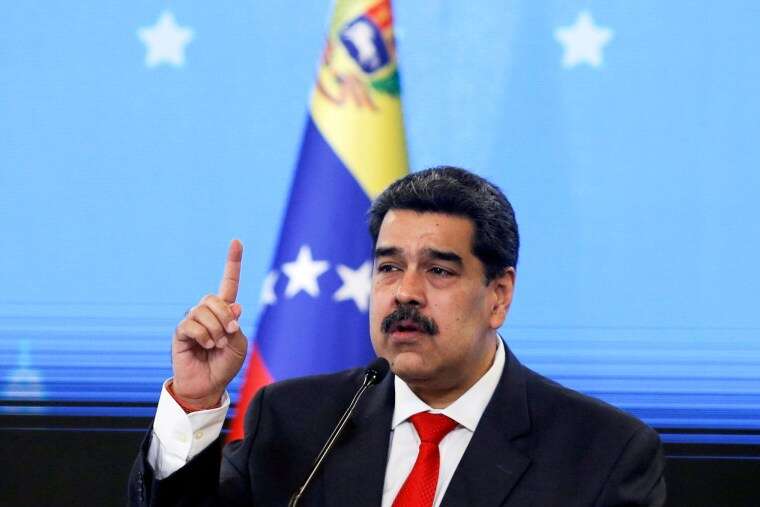
U.S. Secretary of State Marco Rubio warned Venezuela on Thursday that a military attack on Guyana would be “a big mistake” and “a very bad day for them,” expressing his support for Georgetown in its territorial dispute with Caracas.
“It would be a very bad day for the Venezuelan regime if they attacked Guyana or ExxonMobil. It would be a very bad day, a very bad week for them, and it would not end well,” Rubio emphasized during a press conference in Georgetown alongside Guyanese President Irfaan Ali.
International
Ecuador oil spill worsens as containment dam collapses
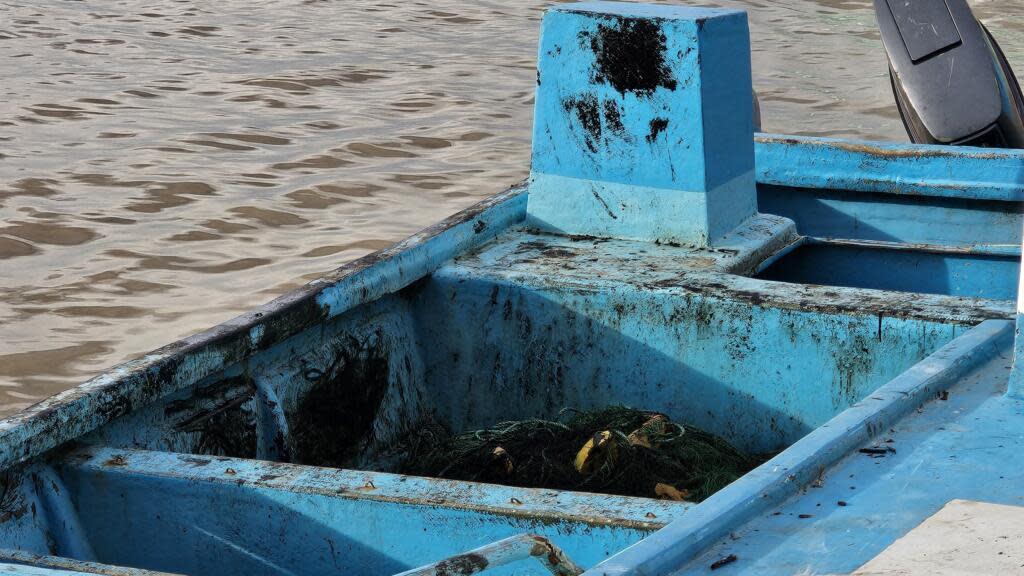
The collapse of a containment dam holding back part of the 25,000+ barrels of oil spilled from a pipeline rupture nearly two weeks ago has worsened the environmental crisis in northwestern Ecuador, contaminating rivers and Pacific beaches.
The Ecuadorian government attributed the March 13 pipeline rupture—which led to the spill of 25,116 barrels of crude—to an act of sabotage. The spill affected three rivers and disrupted water supplies for several communities, according to authorities.
On Tuesday, due to heavy rains that have been falling since January, a containment dam on the Caple River collapsed. The Caple connects to other waterways in Esmeraldas Province, a coastal region bordering Colombia, state-owned Petroecuador said in a statement on Wednesday.
Seven containment barriers were installed in the Viche River, where crews worked to remove oil-contaminated debris. Additional absorbent materials were deployed in Caple, Viche, and Esmeraldas Rivers, which flow into the Pacific Ocean.
Authorities are also working to protect a wildlife refuge home to more than 250 species, including otters, howler monkeys, armadillos, frigatebirds, and pelicans.
“This has been a total disaster,” said Ronald Ruiz, a leader in the Cube community, where the dam was located. He explained that the harsh winter rains caused river levels to rise, bringing debris that broke the containment barriersthat were holding the accumulated oil for extraction.
-
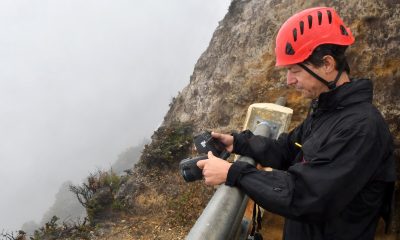
 Central America4 days ago
Central America4 days agoCosta Rica’s Poás volcano on orange alert amid rising magma activity
-

 International4 days ago
International4 days agoDHS Secretary Kristi Noem to meet with Mexico’s President Claudia Sheinbaum on friday
-

 International2 days ago
International2 days agoFederal court blocks Trump’s use of Enemy Alien Act for deportations
-

 International4 days ago
International4 days agoMaduro urges UN to intervene for venezuelan migrants detained in El Salvador
-
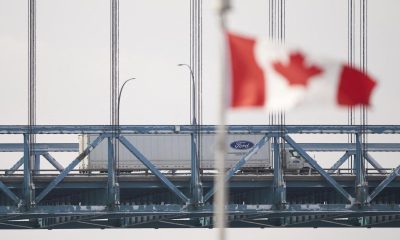
 International4 days ago
International4 days agoCanada updates U.S. travel advisory amid immigration policy changes
-

 International4 days ago
International4 days agoLula meets Japan’s emperor as Brazil seeks stronger trade ties
-

 Central America2 days ago
Central America2 days agoKristi Noem in Latin America: Talks with Bukele on expulsions and security policies
-

 International4 days ago
International4 days agoMystery deepens in Émile Soleil case as family members are arrested
-
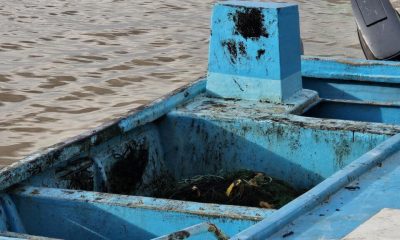
 International2 days ago
International2 days agoEcuador oil spill worsens as containment dam collapses
-

 Central America2 days ago
Central America2 days agoHonduran group in U.S. pushes for voter registration to prevent election fraud
-

 International4 days ago
International4 days agoU.S. Homeland Security Chief tours Latin America as deportation policy sparks tension
-

 International4 days ago
International4 days agoDHS official recognizes El Salvador as key ally in combating irregular migration
-

 International4 days ago
International4 days agoTech industry shocked by sudden death of Samsung executive Han Jong-hee
-

 Central America1 day ago
Central America1 day agoNicaragua denounces Costa Rica’s position in SICA as aligned with foreign interests
-

 International4 days ago
International4 days agoForensic genealogy uncovers identity of woman found in California in 1966
-
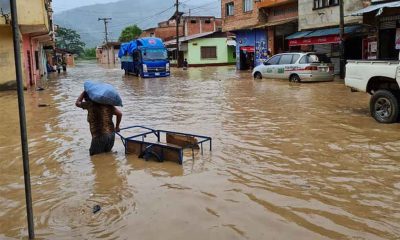
 International4 days ago
International4 days agoBolivia declares disaster in 90 municipalities as heavy rains continue
-

 International4 days ago
International4 days ago23andMe declares bankruptcy amid data breach fallout and declining sales
-

 Central America1 day ago
Central America1 day agoNicaragua’s new judicial law consolidates power in Ortega and Murillo’s hands
-
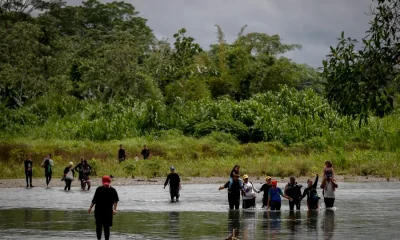
 Central America1 day ago
Central America1 day agoPanama’s president declares Darién gap ‘closed’ amid sharp drop in migrant flow
-

 International1 day ago
International1 day agoMarco Rubio warns Venezuela against military action against Guyana
-
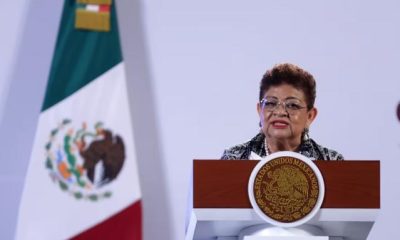
 International4 days ago
International4 days agoMexico to launch National Identity Platform to aid in missing persons search
-
Central America8 hours ago
Nicaragua revokes legal status of 10 more NGOs, bringing total to over 5,600















